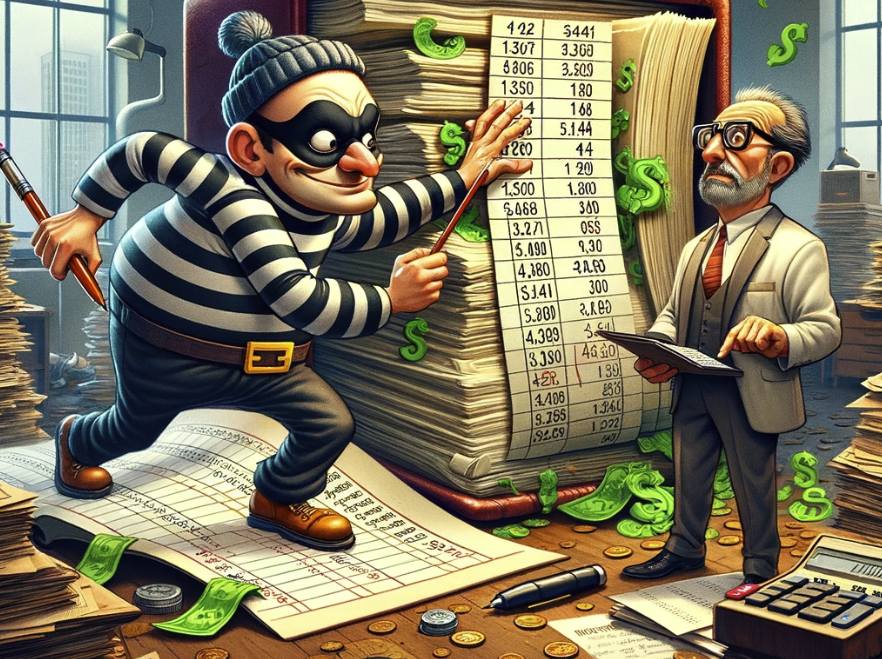Below are some companies similar to Enron, with fraudulent practices or deceptive operations that attracted (and ultimately hurt) many investors:
Table of Contents
Enron
The classic example of a cult stock leading up to its infamous collapse.
Enron engaged in elaborate accounting schemes to mislead investors and inflate its stock price, leading to one of the largest corporate scandals in history.
WorldCom
Another massive accounting fraud of the early 2000s.
Worldcom hid billions in expenses to artificially inflate profits, deceiving investors into believing the company was more successful than it really was.
Theranos
This biotech startup, once hailed as revolutionary, was built on a foundation of lies.
Founder Elizabeth Holmes misled investors about the capabilities of its blood-testing technology leading to tremendous investment until the deception unraveled.
Tyco International
Tyco’s CEO, Dennis Kozlowski, became notorious for lavish spending and corruption, using company funds for personal gain.
This fraudulent behavior ultimately led to investor losses and criminal charges.
Bre-X Minerals
One of the most infamous mining scams, where Bre-X falsified gold samples to drive up its stock price.
Investors were wildly enthusiastic about potential riches until the fraud was exposed, decimating the company and its stock.
Satyam Computer Services
This Indian IT services company orchestrated a massive accounting fraud for over a decade.
Satyam’s founder, B. Ramalinga Raju, inflated revenue and profits to keep the stock price high.
The scheme unraveled in 2009, causing a major financial scandal and significant losses for investors. Similarities to Enron include:
- Long-running scheme: Like Enron, Satyam’s fraud went undetected for a significant period.
- Dominant founder: Raju’s control and influence within the company made it difficult to uncover the deception.
- Eroded trust in the market: Both scandals significantly damaged investor confidence in the markets.
Wirecard
This German payments processing company collapsed in 2020 after admitting that billions of euros in assets likely didn’t exist.
Wirecard used a complex web of fake subsidiaries and inflated financials to mislead investors and maintain its market position.
Here’s how Wirecard is similar to Enron:
- Elaborate web of deceit: Wirecard’s scheme involved a network of fake entities making it difficult for auditors to identify the truth.
- Pressure to maintain appearances: Just like Enron, Wirecard likely felt pressure to keep its stock price inflated and maintain its reputation.
- International impact: The Wirecard scandal had significant repercussions for financial markets around the world.
Key Similarities to Enron for All Companies on This List
- Deceptive Leadership: These companies had charismatic figures at the helm who perpetuated fraud or fostered a culture of unethical behavior.
- Accounting Manipulation: Financial statements were manipulated to portray a false picture of profitability, luring investors with seemingly impressive results.
- Investor Blindness: The promise of huge gains or involvement in something groundbreaking led investors to overlook warning signs. Greed overcame thorough financial analysis.
Important Note
It’s important to remember that investing in any stock carries inherent risk. Before buying into a company, always conduct thorough due diligence and research to understand its financials, business model, and leadership.


